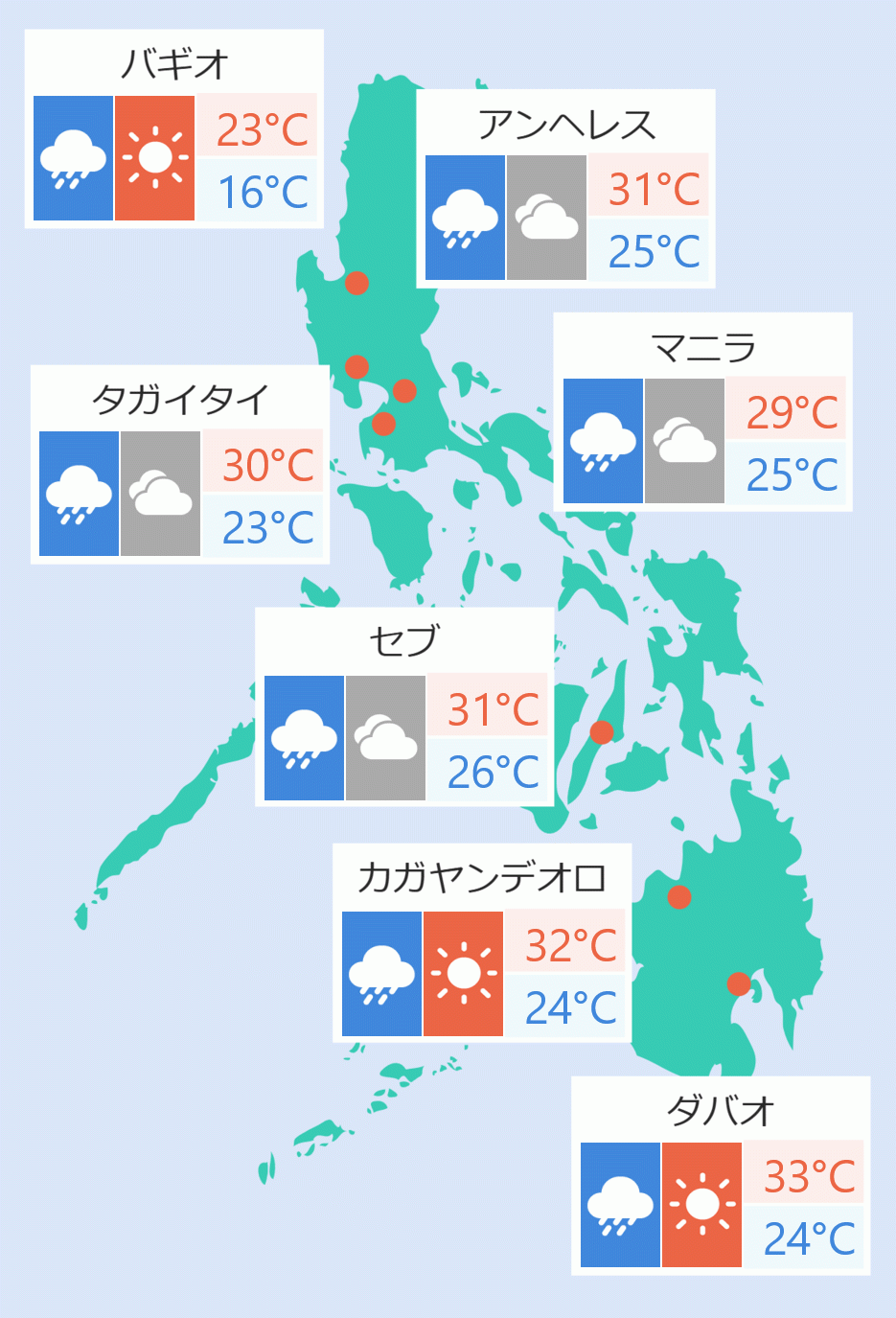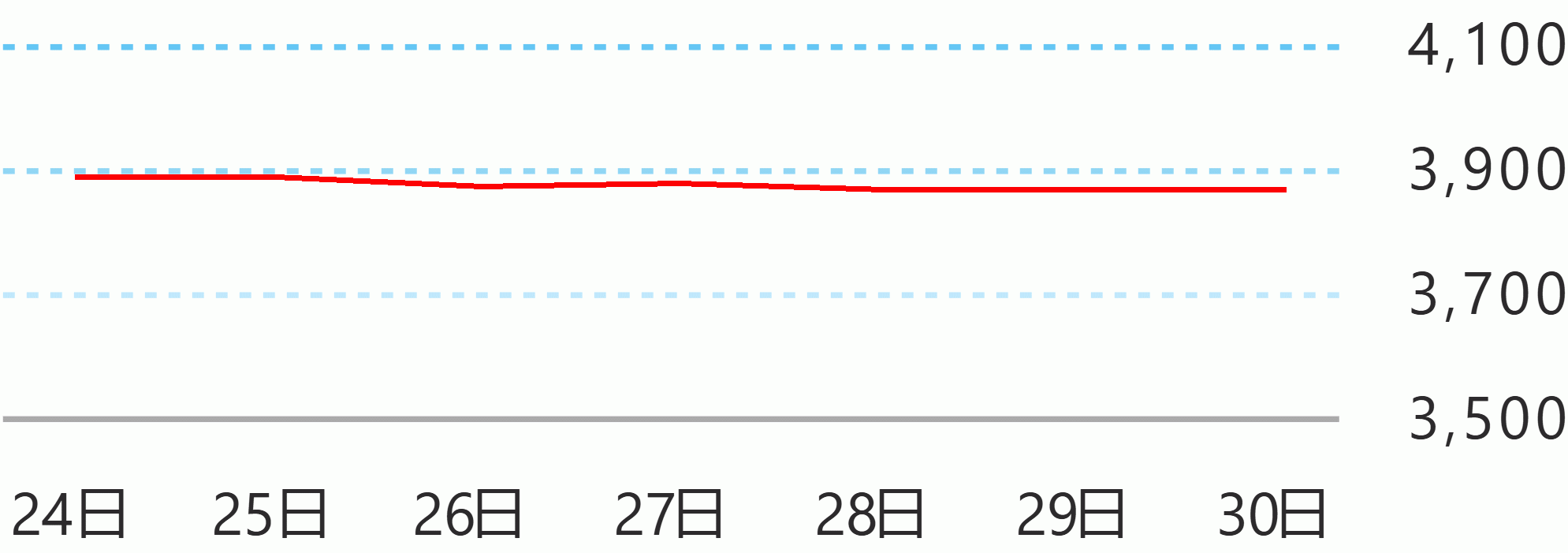With 219 votes, the House of Representatives approved on third and final reading a proposed law expanding the Anti-Money Laundering Act (AMLA) by including the casino industry and the threshold amount for a single transaction to raise alarm will be P5 million.
Eastern Samar Rep. Ben Evardone, chairman of the House committee on banks and financial intermediaries that deliberated the measure, said the move would toughen AMLA following the 2016 $81-million Bangladeshi cyber heist, the biggest hoard of dirty money reported to have entered and left the country.
“This will enhance the country's competitiveness and transparency of financial transactions. This will also improve the image of the gaming industry as a haven for investors,” said Evardone after the plenary on Monday night approved House Bill (HB) No. 5663 with with no negative votes or abstentions.
Also covered are internet and ship-based casinos, and chipwashing or junket operations “with respect to their casino financial transactions related to their gaming operations."
Congress is amending Republic Act No. 9160 or AMLA of 2001 by including casinos on its coverage as one of the recommendations of the Financial Action Task Force (FATF), a global anti-money laundering and anti-terrorism watchdog, to avoid potential blacklisting of the Philippines.
Mindoro Occidental Rep. Josephine Sato, Quezon City Rep. Winston Castelo and Misamis Occidental Rep. Henry Oaminal authored the consolidated measure that seeks to amend the law.
Sato said the February 2016 diversion of Bangladeshi funds by hackers to Rizal Commercial Banking Corp. (RCBC) and eventually to local casinos “exposed the vulnerability of these gaming establishments to illegal activities.”
“We should move to be more transparent by amending the law to protect our casinos from money laundering by crime syndicates,” said Sato.
Castelo said “we do not want the billions of pesos in remittances of our OFWs (overseas Filipino workers) to suffer as their hard-earned money will likely face global financial scrutiny and difficulties for being suspected as hot money.” DMS





 English
English










